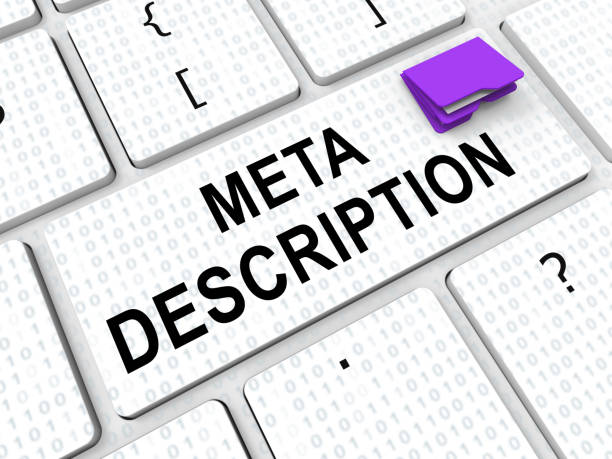 |
| Basic Search Engine Optimization (SEO): Is Meta Description a Ranking Factor? |
There are many things that our website must have for search engine optimization. There are SEO-friendly URLs, simple and easy-to-understand GNB structures, unique title tags for each page, header tags, and meta descriptions that summarize the contents of the page.
Recently, as I came across a client company with many pages and a complex site structure, I had the opportunity to ponder the meaning and importance of meta descriptions that explain the contents of each page. Unlike other SEO items that can be applied relatively simply, a meta description that needs to be compactly and summarized using key keywords for page content can be as burdensome as writing content. Let's check the concept and importance of whether it is a ranking factor that can be done.
What is Meta Element?
The 'meta tag' we often refer to in the process of search engine optimization is HTML, XHTML, or means to write structured or documented in the form of (Reference: Wikipedia ) Meta elements such as HTML, which are used to describe the various properties contained in a web page, are composed of detailed items with respective purposes and provide meta-information about the page to search engines such as Google and web crawlers. pass it on.
For example, the meta robots tag delivers necessary information to web crawlers, and the meta refresh tag communicates with web browsers. Other meta elements that work directly with search engines and browsers are:
- meta name=” viewport”
- meta HTTP-equiv=” refresh”
- meta name=”google-site-verification”
- meta name=”googlebot” content=”notranslate”
In general, this meta information is not viewed by site users on the page, but some elements are exposed on the search result page.
What is Meta Description (Meta Description)?
According to the W3C (World Wide Web Consortium), meta-description tags are defined as “free-from strings and must be suitable for directory pages such as search engines, with one name for each piece of information on the page. It states that the attribute must be specified.
- “The value must be a free-form string that describes the page.
- The value must be appropriate for use in a directory of pages, eg in a search engine.
- There must not be more than one meta element with its name attribute set to the value description per document.”
How does Google use meta description tags?
Google views the purpose of the meta description tag as ' a component of the snippet of our web page content displayed on the search results page '. If the meta description of the page is well written, it is exposed as a summary of our page on the search results page, and the user who reads this can know in advance what this page contains before actually clicking the search snippet. It's possible.
In addition, there is no limit on how long this meta description can be written initially, but in general, the area that can be exposed on the search results is limited. We recommend the number of characters that can prevent this as much as possible. (Approximately 135~160 characters are suitable based on English or symbols, and 80~110 characters are appropriate for Korean.)
If so, is the meta description a ranking factor?
As John Mueller** of Google said, “Meta description tags are used for snippets on search results pages, and Google does not use this information as a ranking factor. However, writing a detailed and clear description of the page (which can infer the answer to the question that the searcher is curious about) and exposing it on the search results page can (of course) help influx of users, and the effect is consequential. may appear in the search results rankings.”
“So the meta description is primarily used as a snippet in the search results page.
And that's not something that we would use for ranking. But obviously, having a good snippet on a
search results page, that can make it more interesting for people to visit your page when they
see your page ranking in the search results.”
How to use 100-point meta tags from Google
- Make sure every page on your site has a meta description.
- Create a unique description for each page on your site.
- Include content-related information in the description.
- If you have a huge database of pages, such as a press website, create descriptions programmatically because it is difficult to create each one.
- Write accurate summaries that appear in Google search results to improve your search traffic, both quantitatively and qualitatively.
As John Mueller said, the meta description tag itself is not a ranking factor that directly affects Google's ranking, but it is a factor that greatly influences the decision of whether or not to visit the page after reading now from the search results page. In other words, a well-written meta description tag can increase user click-through rate (CTR). We recommend that you write a unique meta description for each page of our website that conveys the page theme, referring to Mueller's opinion and Google's tips on how to write an effective meta description.


Comments
Post a Comment